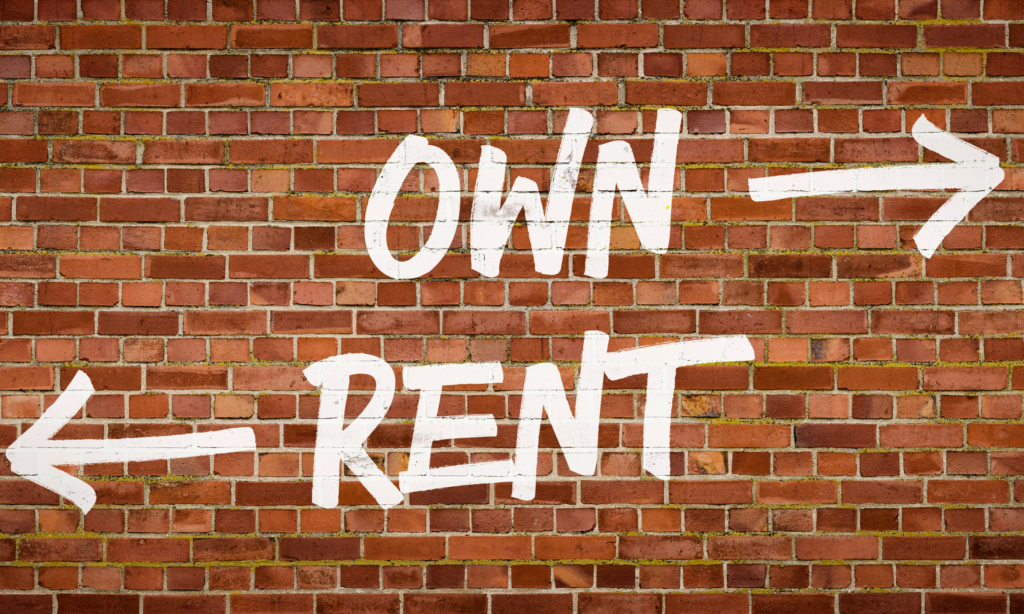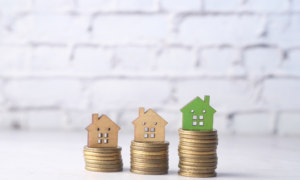Should you rent or buy? In today’s real estate market, this vital question holds considerable interest, as understanding the long-term cost implications of each option is crucial for making an informed decision. Let’s explore the advantages and disadvantages of both approaches to make a decision that aligns with individual circumstances.
Benefits of Renting
Savings on initial costs: Renting requires no significant upfront capital as opposed to purchasing a home. It involves paying rent and a relatively low security deposit, a significant advantage of renting.
Flexibility in relocation: Moving to a new location is easy without the time and expenses associated with legal procedures. Renters can experience living in various places before deciding to settle down.
No worries about maintenance and repairs: Landlords are responsible for home maintenance and repairs, relieving renters of significant expenses.
Access to prime locations at reasonable rates: Renters can select upscale apartments in city centers at affordable prices, while buying a property in these areas often demands a hefty sum.
Reduced financial risks: Renters need not worry about financial risks when property values decrease or bank interest rates rise.
However, there are also drawbacks to consider when it comes to renting.
- No long-term ownership rights for the rented property.
- No freedom for personal modifications or repairs.
- Risk of eviction when the lease ends without renewal.
On the other hand, renters must weigh both advantages and constraints to make a decision that suits their economic situation and housing needs.
Costs for Homeownership
Landlords considering renting out single-family homes can expect passive income, but also various cost considerations.
Costs for buying and refurbishing the property: Property owners require substantial capital for purchasing and renovating a property before renting it out.
Management and maintenance expenses: Landlords incur management fees for rent collection, contract signing, and addressing arising issues.
Taxes and property-related fees, such as property tax, transfer tax, and urban management fees
Periodic and unforeseen repair expenses: Regular maintenance like electrical, plumbing repairs, and sudden damages can incur additional costs.
Loss of income when the property is vacant: Vacant periods lead to a loss of expected income for property owners.
Determining whether renting or buying a home is genuinely more cost-effective depends on individual circumstances and specific needs. While homeownership may offer long-term benefits like appreciating value and stable living arrangements, its suitability depends on individual needs. Homebuyers are not concerned with eviction risks or unclear legal matters compared to renters.
Overall, the choice between renting and buying depends on one’s economic situation and housing objectives. Renting might suit young, mobile individuals seeking cost savings, while homeownership aligns with those planning for long-term residence with stable finances. This article aims to provide a balanced perspective for individuals facing the decision between these two options.




